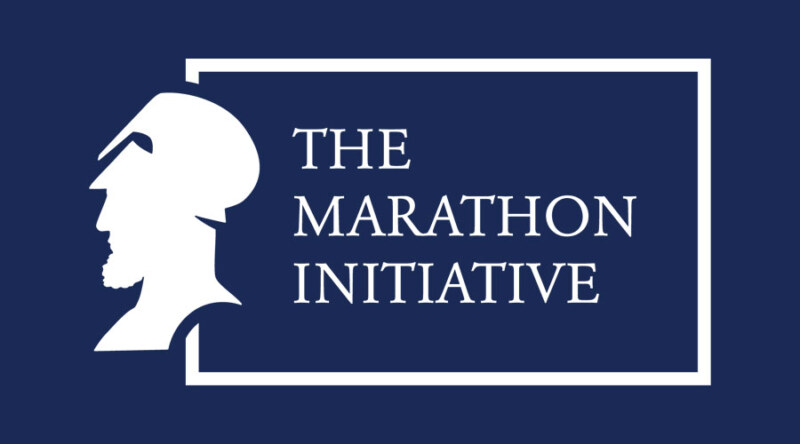European Energy Security: U.S. Interests and Coercive Russian Diplomacy, Subcommittee on Europe and Regional Security Cooperation
Senator JOHNSON. Good morning. This hearing of the—I am going to say the full committee’s and subcommittee’s name here—the Senate Foreign Relations Subcommittee on Europe and Regional Security Cooperation is called to order. I want to thank our witnesses for appearing today, for their thoughtful testimony. I will ask that my written statement be just entered into the record because it pretty well repeats the testimony. So no sense going into that. And I will certainly turn it over to Senator Murphy for his opening statement. But let me just make a couple comments to begin. I made my first trip as a United States Senator to Europe in February-March of 2011. I visited Georgia, Ukraine, and the Baltic States. Georgia had already been invaded. Ukraine’s primary problem was corruption within their wheat markets. This is before the invasion of Crimea and eastern Ukraine. What was quite notable was just the pressure that Russia was putting on those fledgling democracies. We called them the ring of democracies around Russia. And for what reason? Apparently just to destabilize, but we certainly determined the effectiveness of their propaganda, of their disinformation campaigns. Later we are going to find out the hybrid warfare that they instituted in Crimea and then burgeoning into the invasion of eastern Ukraine.
European Energy Security: U.S. Interests and Coercive Russian Diplomacy


